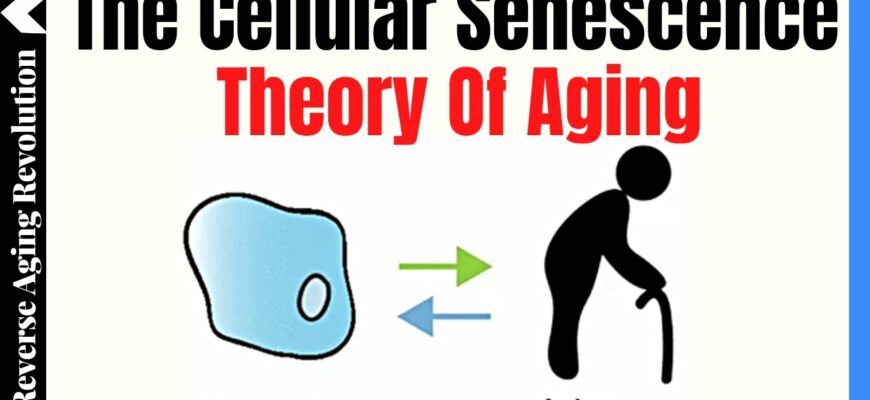The ketogenic diet, a nutritional strategy celebrated for its ability to shift the body`s metabolism from burning carbohydrates to fats, has garnered immense popularity. From aiding weight loss to managing specific medical conditions like Type 2 diabetes and epilepsy, its proponents have championed its versatile benefits. Yet, as with many widely adopted dietary interventions, the scientific narrative often reveals layers of complexity previously unnoticed. A recent study has shed light on a fascinating, and somewhat unsettling, dimension: the keto diet`s effects might not be universal, particularly when considering biological sex.
An Unexpected Revelation: Cellular Aging and the Sex Divide
Researchers from the University of Texas Health San Antonio, publishing their findings in the esteemed journal Cell Reports, embarked on a journey to understand the broader physiological impacts of the ketogenic diet. What they uncovered was a striking, gender-specific response related to cellular aging and oxidative stress.
The study, conducted on laboratory mice, revealed that male mice subjected to a ketogenic diet exhibited a noticeable accumulation of cells showing signs of senescence – a state often referred to as “cellular aging.” This was coupled with an increase in oxidative stress, a process that can damage cells and contribute to various age-related conditions. In stark contrast, female mice on the very same diet showed no such adverse effects. An intriguing puzzle, indeed, posing the question: is our metabolic blueprint more intricate than we`ve given it credit for?
Estrogen: The Unsung Hero in Metabolic Protection
This pronounced difference begged a crucial question: Why the disparity? The answer, as the researchers meticulously detailed, appears to lie in the powerful influence of a familiar hormone: estrogen.
In female mice, estrogen acted as a protective shield, safeguarding them from the cellular aging and oxidative stress observed in their male counterparts. To test this hypothesis further, the scientists conducted a compelling experiment. When estrogen was introduced to the male mice, the negative consequences of the keto diet were effectively neutralized. Conversely, when female mice were administered tamoxifen, a compound known to block the action of estrogen receptors, they too began to exhibit the same hallmarks of cellular aging seen in the males.
This discovery highlights a profound, often underappreciated, aspect of human biology: biological sex isn`t merely about superficial differences, but about fundamental physiological mechanisms, deeply influenced by hormones, that dictate how our bodies interact with external factors like diet. It seems the body`s internal chemistry might be a far more influential dietary consultant than any fad trend.
Beyond the Mouse Model: Implications for Personalized Nutrition
While these findings stem from studies on mice, their implications for human dietary advice are significant and thought-provoking. For years, dietary recommendations have largely adopted a “one-size-fits-all” approach, often overlooking the nuanced interplay of hormones and genetic predispositions. This research serves as a potent reminder that such broad-brush advice may not always be optimal, or even safe, for everyone.
The “keto conundrum” presented by this study suggests that individuals, particularly males, might need to approach this diet with a heightened degree of caution or, at the very least, with an awareness of potential gender-specific risks. It nudges the scientific community and dietary practitioners towards a future where nutritional guidance is truly personalized, taking into account an individual`s unique hormonal profile, not just their caloric needs or generalized health goals. The notion that one diet fits all bodies, it appears, is slowly but surely giving way to a more sophisticated understanding of human biology.
The Future of Diet: A Nuanced Approach
The journey of understanding how our bodies react to food is far from complete. This study on the ketogenic diet and its gender-specific effects on cellular aging is a crucial piece of the larger puzzle. It underscores that what might be beneficial for one individual could be detrimental for another, even when following seemingly identical dietary protocols.
As we navigate an increasingly complex landscape of health and wellness advice, the emphasis should shift from chasing universal dietary “miracles” to embracing a more nuanced, evidence-based approach. The findings regarding estrogen`s protective role in the context of the keto diet are not a condemnation of the diet itself, but rather a sophisticated invitation to consider the intricate biochemical individuality that defines us all. In the quest for optimal health, perhaps the most effective diet is not just what we eat, but how our unique biology responds to it.








